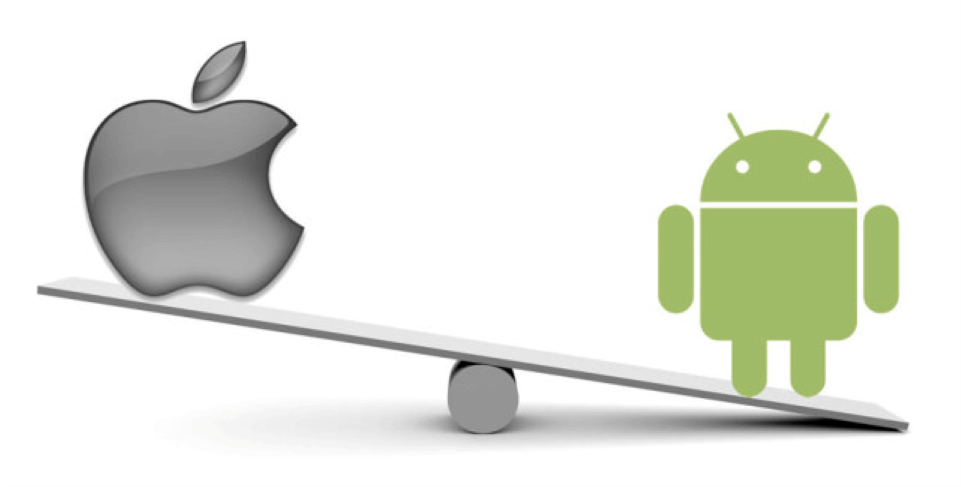Android, iOS Continue Race to the Top
Tia Winter | 3 July 2017Android and iOS are the top 2 mobile operating systems in the world. Their direct competition is each other, and the race has never been closer. The quality of each system standing on its own has never been better either. Together they account for more than 90% of the mobile operating system market.
A Two-Horse Race
Windows is trying to forge ahead with Windows 10 across all devices, and no more Windows Phone OS, but this takes up very little of the mobile market share at the moment. Blackberry has faded away to a very large extent too, as has Symbian. At the Mobile World Congress in February, it became clearer than ever that if phone manufacturers want to succeed, they need to play by their rules.
with Windows 10 across all devices, and no more Windows Phone OS, but this takes up very little of the mobile market share at the moment. Blackberry has faded away to a very large extent too, as has Symbian. At the Mobile World Congress in February, it became clearer than ever that if phone manufacturers want to succeed, they need to play by their rules.
As iOS is available for Apple’s own mobile devices only, this essentially means other handsets need to be compatible with Android and run on it by default. Nokia and Sony are, for example, re-emerging as hardware brands, but the new models run on Android and not their own-name legacy operating systems.
Essentially the situation exists now where there is iOS for mobile Apple devices, and Android for everything else. While Android dominates the Asian markets, Apple leads the way in the bigger, Western markets such as Great Britain, Italy, Germany and France. The United States, very interestingly, shows almost exactly the same amount of favour to iOS as to Android. Of course, the market share that Android takes up is divided among many different hardware manufacturers whereas the iOS profits all go to Apple.
A Very Personal Choice
In the end, Android and iOS are very similar in their power and capabilities. You’ll find fierce advocates for both brands, and you’ll be using a great operating system either way. It just depends what you prefer.
While navigation and switching between apps has become simple on both systems, they can feel quite different to use. Android allows for more customisation, but iOS has smoother updates and can integrate into a device ecosystem better. Both offer helpful virtual assistants, and Siri on iOS feels more human but Android’s Virtual Assistant is better at remembering what you like and don’t like.
The iStore is bigger than the Google Play Store, but the apps are more expensive and less experimental. On the other hand, they are also unlikely to infect your device with malware. The more you think about it, the harder it will be to choose a winner between iOS and Android. But the clearer it will be that there are no other real competitors any more.

